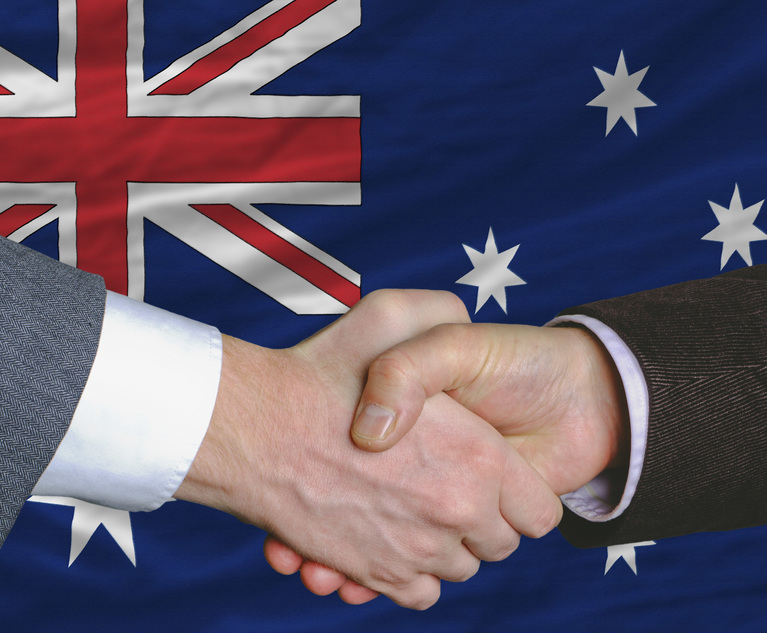As the leaders of Latin America’s two largest economies—Brazil and Mexico—send mixed signals about how to address the rising health threat brought on by the coronavirus, companies are trying to cope and law firms are doling out advice.
Mayors and governors in both countries have intervened to close bars and other businesses in the absence of federal stay-in-place orders like the ones issued in countries such as Panama. In Brazil, gangs that function as de facto authorities in favela slums have issued curfews in an effort to protect millions of Brazilians who lack running water and sewage connections.
But Brazilian President Jair Bolsonaro on Wednesday called the lockdowns at the local level throughout his country a “crime” that threatens democracy and the economy. Mexican President Andrés Manuel López Obrador, meanwhile, who as recently as last weekend was encouraging Mexicans to continue to frequent restaurants to support service workers, celebrated the approval of advance payments to the elderly, which will be doled out personally by government workers and the military to help that segment cope as the virus spreads.
Lawyers are busy advising clients, who are trying to understand their obligations. Many companies feel compelled to protect their workforce and customers, while also fretting over disruptions to supply chains that could stymie key goods such as food and oil.
At an overwhelming number of law firms in the region, lawyers have been instructed to work from home as they continue to advise clients.
Clifford Chance has encouraged its corporate clients in Brazil to be “proactive” as COVID-19 spreads in the South American country.
“First and foremost, the primary consideration of any company dealing with the coronavirus pandemic should be in ensuring the health and well-being of its employees, clients, partners, and communities and understanding the role of the private sector in containing the crisis,” the firm’s 15-lawyer Brazil practice advised clients in a note.
Baker McKenzie says Brazilian employers may insist that employees work from home, even if the government doesn’t. Employees who opt to self-isolate should be paid as usual if they have reason to suspect they may have been infected with the virus.
In Mexico, Baker McKenzie says remote work must be optional for employees, unless the government declares a health emergency or there’s a reason to suspect contagion in the workplace. Employers are under no obligation to pay employees who voluntarily quarantine, the firm cautions.
More than half of the Mexican workforce works in cash sectors, with no formal contracts.
Mexico’s biggest bank, BBVA, urged the Mexican government Wednesday to stock up on medical supplies, issue payments to the suddenly unemployed and credits to small and medium-sized companies. “Inaction is more dangerous than overreaction, for public health as well as the economy,” the bank said, noting that with or without government quarantines, the Mexican economy is going to suffer deeply because of COVID-19.
Private sector companies in both countries are pulling back as fears and self-quarantines stem economic activity.
In Brazil, two large energy firms have reportedly told business partners that COVID-19 could justify breaking contracts to purchase energy because restrictions tied to the outbreak will lessen demand. The companies pointed to force majeure clauses that identify natural disasters or other unavoidable catastrophes as cause for not fulfilling a contract.
Multiple countries in Latin America are looking at ways to aggressively put cash into the hands of the poorest as the pandemic spreads.
Chile has offered taxpayers an extension on payments and is letting companies write off expenses related to the outbreak. Chile’s government on Wednesday announced a seven-day general quarantine for large parts of Santiago, the nation’s capital, after the country surpassed 1,000 confirmed cases of COVID-19. Peru had previously mandated a two-week national quarantine for all except essential workers.
Lawyers anticipate that countries in the region will be looking for ways to raise capital.
Jon Zonis, co-head of the Americas capital markets practice at Clifford Chance, sees transactions that his firm has recently worked on—such as a coronavirus bond for the China Development Bank and a social bond for Ecuador—as examples of the types of innovative transactions we may see as the pandemic affects Latin America.
For now, Zonis says, project finance and debt generally have held up better than equity, and many Clifford Chance clients are interested in discussing M&A opportunities, debt buybacks, liquidity opportunities and other issues given the current market conditions.
NOT FOR REPRINT
© 2024 ALM Global, LLC, All Rights Reserved. Request academic re-use from www.copyright.com. All other uses, submit a request to [email protected]. For more information visit Asset & Logo Licensing.











